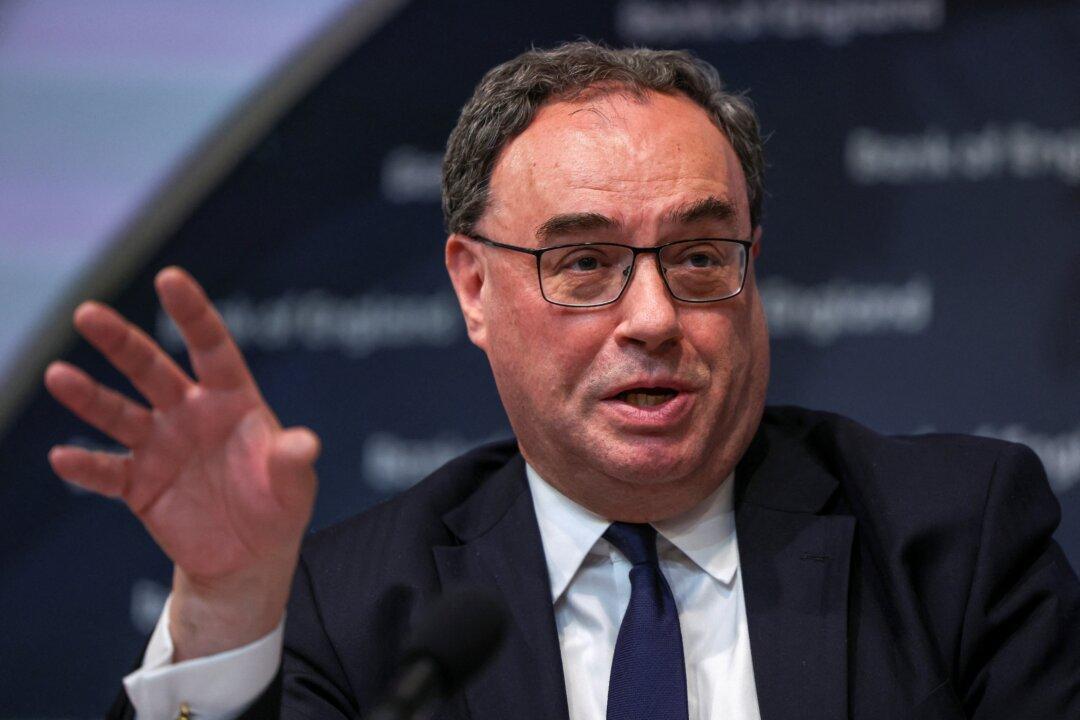The Bank of England (BoE) has raised interest rates from 4.25 percent to 4.5 percent marking their highest level in almost 15 years.
It’s the bank’s 12th consecutive rate hike and a peak since October 2008.

The Bank of England (BoE) has raised interest rates from 4.25 percent to 4.5 percent marking their highest level in almost 15 years.
It’s the bank’s 12th consecutive rate hike and a peak since October 2008.